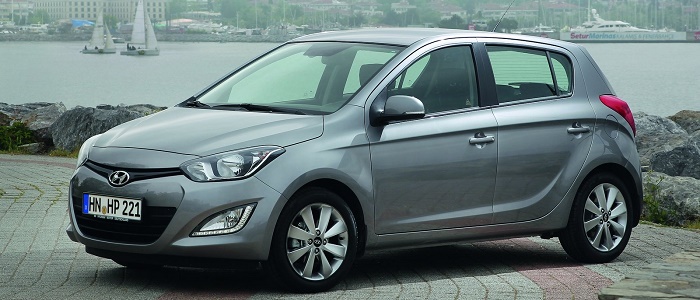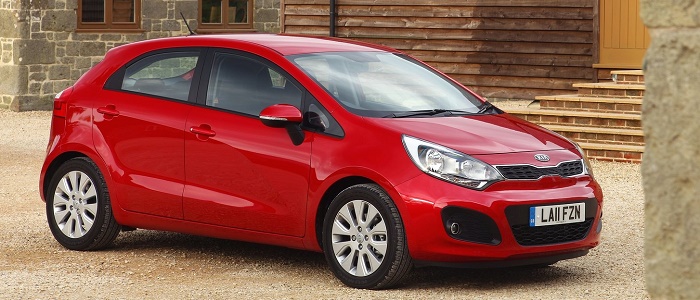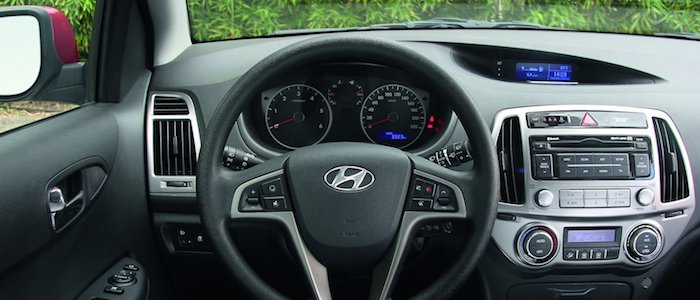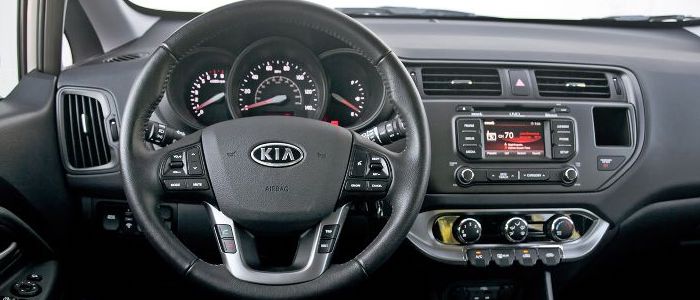Compare two cars
Compare any two cars and get our Virtual Adviser™ opinion
Marketing
Dimensons & Outlines
Engine
Performance (manual gearbox)
Performance (automatic gearbox)
Expenses
Virtual Adviser's™ opinion
Well, these are two pretty similar cars we have here! It's only details that could potentially make the difference. Considering they both belong to the city car segment and utilize the same 5-door hatchback body style and the front wheel drive system, it all comes up to the specific petrol engine choice they offer. Both the engines are Hyundai-engineered . The first one has a 4-cylinder, 16-valves 100hp unit, while the other one gets its power and torque from a 4-cylinder, 16-valves 109hp one.
SafetyA starting point here would be to take a look at the results from European New Car Assessment Programme (Euro NCAP) tests which were performed on both of the cars, with the same number of safety stars gained in the process. That aside, let's consider some other aspects which affect safety. Both vehicles belong to the city car segment, which is generally not a very good thing safety-wise, but it doesn't do much to help us decide between the two. On the other hand, when it comes to weight, a factor that most people underestimate, Rio offers a marginal difference of 4% more metal.
ReliabilityI don't like generalizing things when it comes to reliability, although it does seem that Hyundai does have a slight advantage, when all the models are taken into account. These are the official statistics, while our visitors describe reliability of Hyundai with an average rating of 4.5, and models under the KIA badge with 4.6 out of 5. The same official information place i20 as average reliability-wise, and Rio is more or less at the same level.That apart, owners of different cars powered by the same engine as i20 rank it on average as 4.5 out of 5, exactly the same as the other one.
Performance & Fuel economyKIA is a bit more agile, reaching 100km/h in 0.1 seconds less than its competitor. In addition to that it accelerates all the way to 183 kilometers per hour, 2km/h more than the other car. When it comes to fuel economy things look pretty much the same for both cars, averaging around 5 liters of fuel per 100 kilometers (57 mpg), in combined cycle.
Verdict
KIA appears just a bit more reliable, although the difference is truly marginal. The most important thing when deciding between any two vehicles should always be safety, both passive and active. In my opinion, everything taken into account, Rio offers slightly better overall protection and takes the lead. It all continues in the same direction, with KIA offering somewhat better performance, just enough to call it quicker. It does come at a cost though, and that's the fuel consumption... At the end, as much as I'd like to give you a winner here, it's simply a pure tie if you ask me. In any case that's my personal view, built upon all the data available to me. What should decide here though is the way you feel about the two vehicles, and I hope you'll find my guidelines useful in the process. I suggest you spend two more minutes in order to find out which car, based on your needs and budget, would be picked by the virtual adviser™, out of 12.000+ vehicles we currently have in our database.































